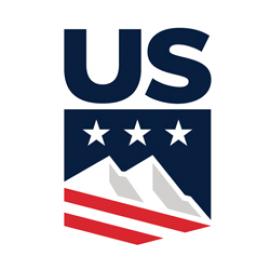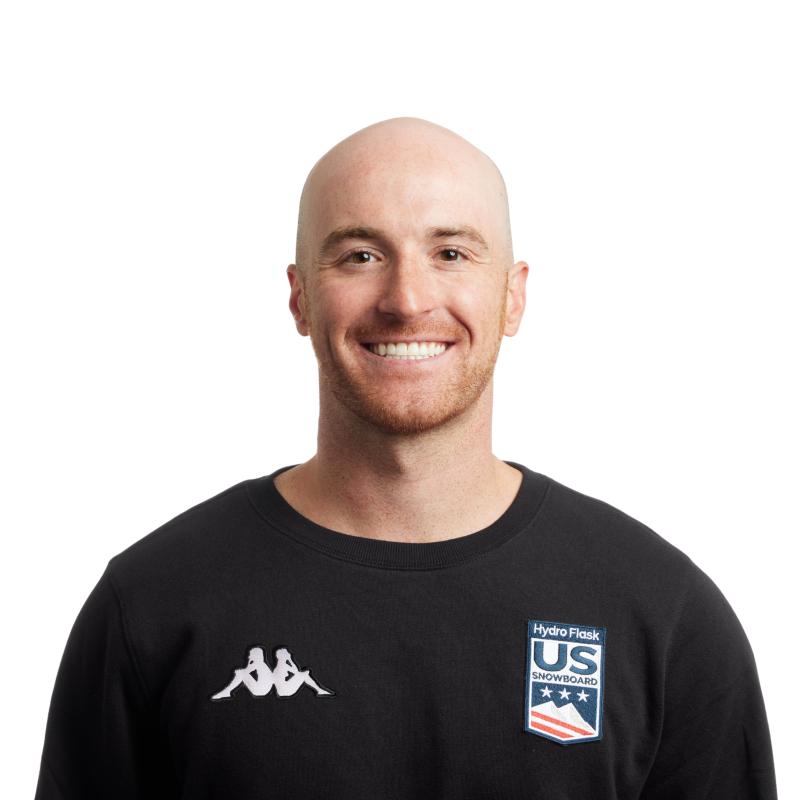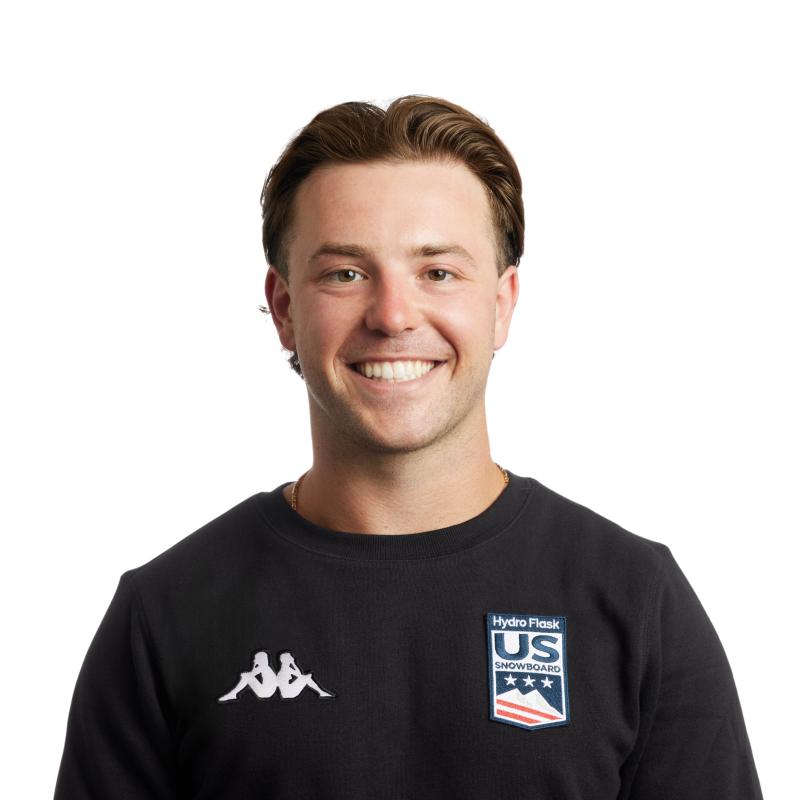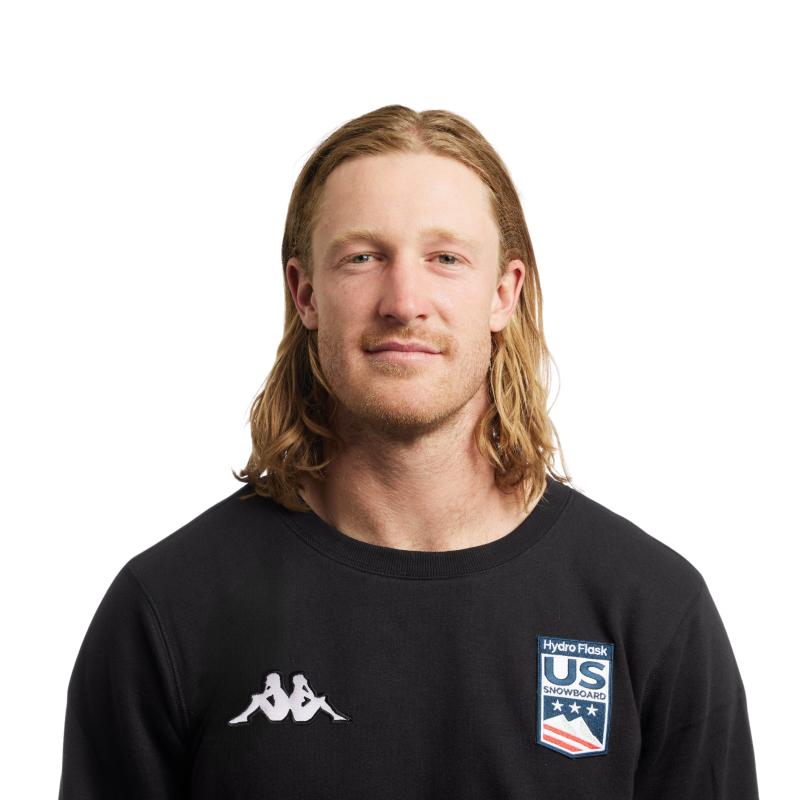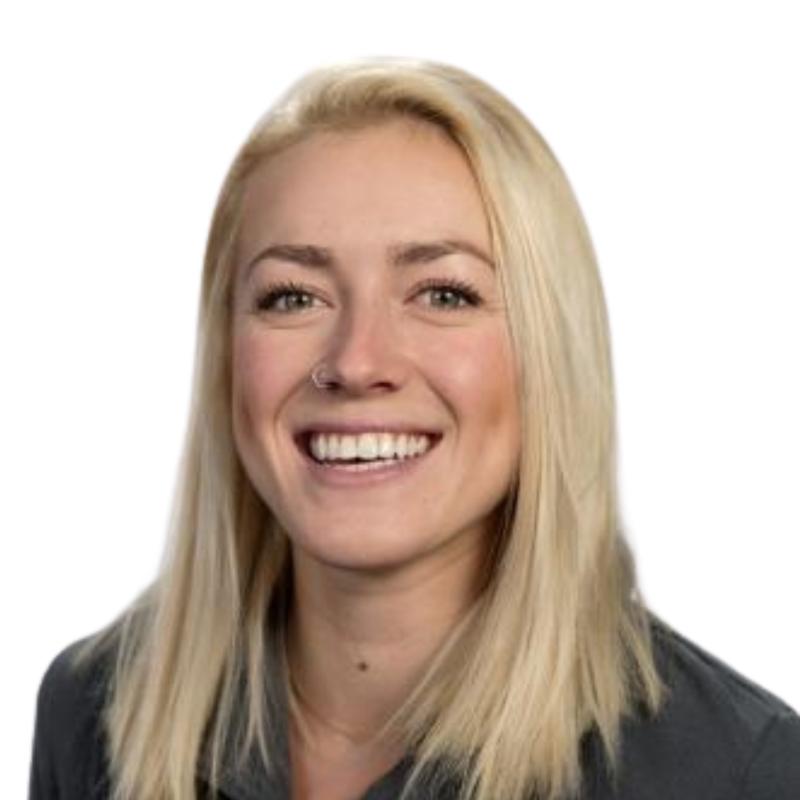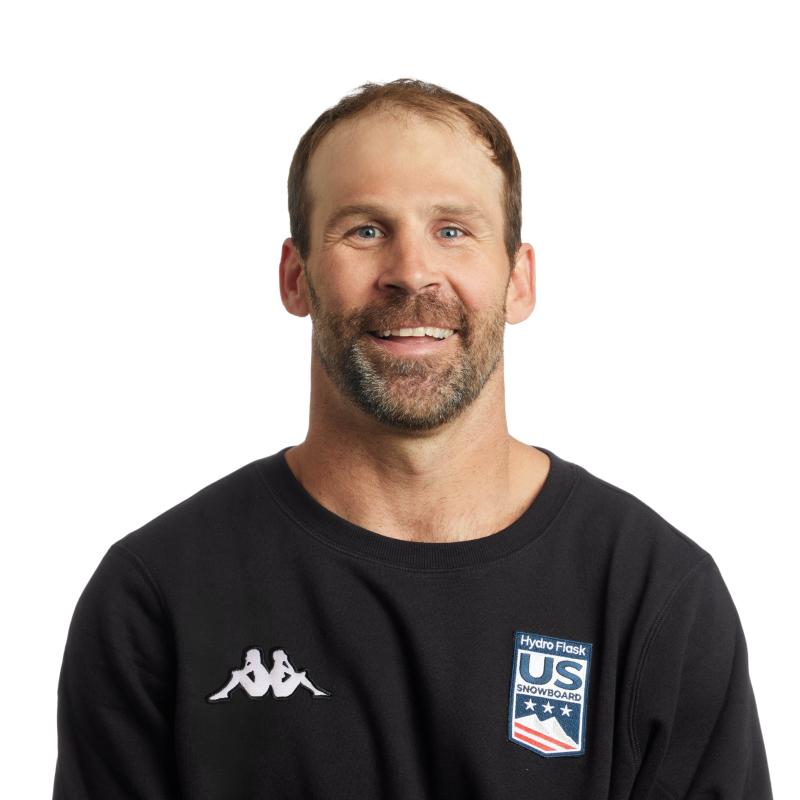SBX Rad Camp: Building Trust, Setting Goals, and Creating Culture
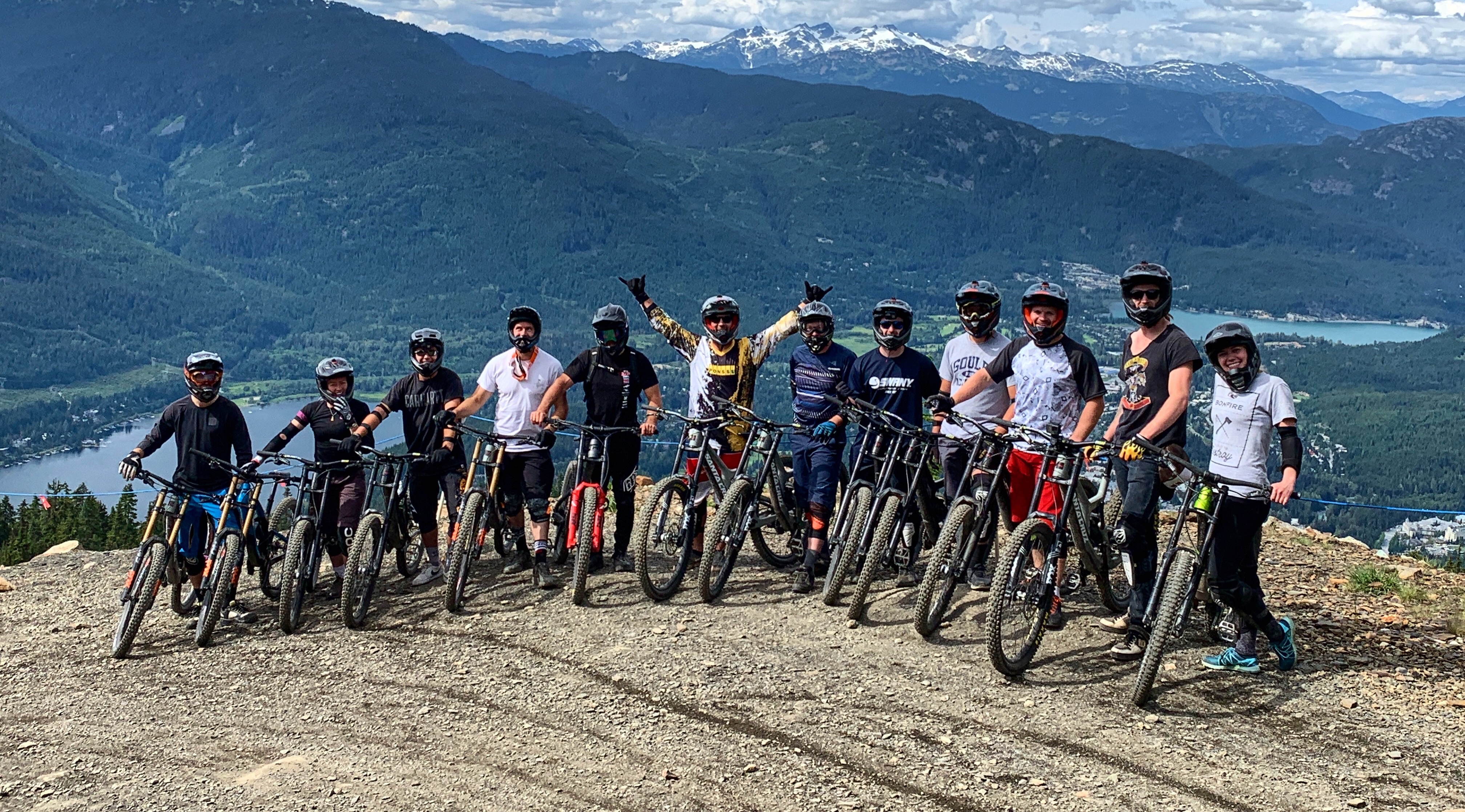
From July 8-12, nine U.S. Snowboardcross Team athletes led by Head Snowboardcross Coach Peter Foley headed to the acclaimed Whistler Bike Park in British Columbia for an innovative summer training camp. Athletes arrived in Whistler to the team house where they would all stay together for the course of the team cohesion camp or ‘rad camp’ as the riders like to call it. With clear goals and high expectations, the camp turned out to be special and productive focused on athletic, cultural, and personal development.
“In my mind, there were three main goals heading into this trip,” said Foley. “From a team culture standpoint, I wanted to continue to shift perspectives with the athletes, focusing not just on themselves as individuals, but rather as members of a team with a common mission. In regards to the mountain biking element, moving downhill through terrain at speed is a critical skill that applies directly to snowboardcross. Being able to learn and pick up new skills is something that everyone can benefit from. My hope is that everyone takes the culture of learning to the snow and other aspects of their lives.”
There was a wide variety of mountain biking experience and skill levels amongst the participating members of the team including 2019 FIS World Champion Mick Dierdorff (Steamboat Springs, Colo.), Olympic medalist Alex Deibold (Manchester, VT.), Hagen Kearney (Telluride, Colo.), Faye Gulini (Salt Lake City, Utah), Nick Baumgartner (Iron River, Mich.), Senna Leith (Vail, Colo.), Mike Lacroix (Shrewsbury, Mass.), Livia Molodyh (Hubbard, Ore.), and 2018 Junior World Champion Jake Vedder (Pickney, Mich.).
Although the trip was centered around mountain biking at one of the best bike parks in the world, Foley had more in store for the group upon their arrival. Luckily these athletes are no strangers to speed and heights in their line of work because their first adventure was not for the faint of heart. Athletes headed straight up to the top of the Sasquatch Zipline, North America’s longest zipline which reaches a top speed of over 90 miles per hour and travels a distance of 1.36 miles. The zipline starts at about 5000 feet and connects Whistler and Blackcomb mountains. This definitely got the blood flowing to kick off the camp.
The following morning, the group came together for a team culture session to align individual goals with a team mission for success. This is a novel idea for athletes who, by the nature of their sport, are constantly competing against each other for World Cup starts, Olympic team nominations and even for a spot on a podium at any given race. The baseline concept is that the better the team works together, the stronger the dynamic, the better everyone will perform. For many, the team-building exercises could be considered uncomfortable for introverted individuals, but the team persevered and in doing so developed strong relationships.
“To truly develop trust within a team, it means increased understanding and empathy while working your teammates,” said Foley. “To some extent, this means being vulnerable and completely transparent with the group.”
The exercise began with athletes openly and willingly answering difficult questions. For example, “If only one person were successful on the team, how would the morale be?” The questions even dove into their personal lives discovering what keeps everyone up at night and how everyone feels about where they are at in their careers. If there was any veil over the true fears, aspirations, and feelings of the team, they were long gone by the end of the discussion.
Following the discussion, athletes jumped into an improvisation exercise where each individual would act as if they were in another team member's shoes. To act like someone else, you must do your research. Therefore, the task acted as a catalyst to ask discovery questions with each other and truly explore things they never knew about their teammates. Some questions were about snowboarding, some about family, and even childhood. After the discovery session, athletes were asked to report back and ‘perform’ as the other individual. The general vibe after the discussion and improvisation exercise was one of unification and understanding. In addition, you can imagine there was a comedic element as professional snowboarders tried their hand at character acting.
“I was super stoked for the opportunity to come to Whistler and spend time working together as a team off the snow, said Vedder. "We have a lot of talent and in an individual sport where we are constantly competing against each other, it's important we find the right way to all work together. I was really happy with the outcome of the camp and we are all excited for the season.”
After the team culture meeting, the riders got to do what they do best, go fast and have fun. They hired two professional instructors, including ZEP Techniques Professional Instructor Ross Dunlop, who quickly became engrained in the group throughout the team’s stay in Whistler and stuck with the athletes far beyond his initial time commitment. The team rode lift access trails from 1 to almost 7 p.m., enjoying every second of what the terrain had to offer.
Following a heavy day of riding and instruction, athletes headed out on their own on day three to ride. Another team session followed the morning of riding, this time led by Cecily Elmas, the former Mindful Performance Manager at Lululemon, and Co-Founder of BeGuided. In this session, athletes focussed creating a document that clearly outlined on goals, values, and standards as it related to team culture. After the meeting, everyone finished off the day with more lift access riding.
The team meeting in Whistler was dubbed ‘rad camp’ by coach Foley and the athletes, but it’s not the first of its kind. Perhaps the greatest rad camp of all time was 2011 in New Zealand, where athletes trained on snow both on course and freeriding, visited the major bungee jumps in the area, and even went heliboarding. If that wasn’t enough, they stopped in Fiji on their return home to catch some waves and do some jetski assisted surfing.
To the untrained eye, you may think a trip to Whistler or New Zealand for an action sports athlete is just a vacation. The reality is these world-class snowboardcross athletes get approximately only six hours per year on an actual boardercross course with not much room for growth. This begs the question - how do you get better when you are off-snow both mentally and physically? Foley answers this with creative solutions that former coach Jeff Archibald and Foley have been pumping out for years. It’s about keeping athletes sharp, out of their comfort zones, and ready to learn. This summer’s Whistler rad camp accomplished these goals from an athletic, cultural and personal development perspective.
“Rad camp was the most fun,” said three-time Olympian Gulini. “It was the perfect combination of team building, cross-training, and pushing the boundaries of our comfort zone. From North America’s longest zip line, to Whistler’s world-famous bike park. We laughed, learned, and grew tremendously as a team. Rad camp has started our 2019-20 U.S. Snowboardcross Team off to an epic start.”
Follow the U.S. Snowboardcross athletes this summer as they prepare for their competition season ahead.
FOLLOW U.S. SNOWBOARDCROSS
Mick Dierdorff - FB: @mickdorff, IG: @mickdorff, TW: @mickdorff
Alex Deibold - FB - @alex.deibold, IG: @adeibold, TW: @adeibold
Hagen Kearney - FB: @hagenkearneysbx, IG: @hagenkearney, TW: @hagenkearney
Faye Gulini - FB: @faye.gulini, IG: @fayegulini, TW: @fayegulini
Jake Vedder - FB: @jakeveddersbx, IG: @jake_vedder, TW: @jake_vedder
Nick Baumgartner - FB: @nickbaumgartner12 , IG: @nickbaumgartner, TW:@nickbaumgartner
Senna Leith - FB: @sennaleithsbx, IG: @sennaleith
Mike Lacroix - FB: @mike.lacroix.73, IG: @mlacroix12
Livia Molodyh - FB: @livia.molodyh, IG: @liviamolodyh
